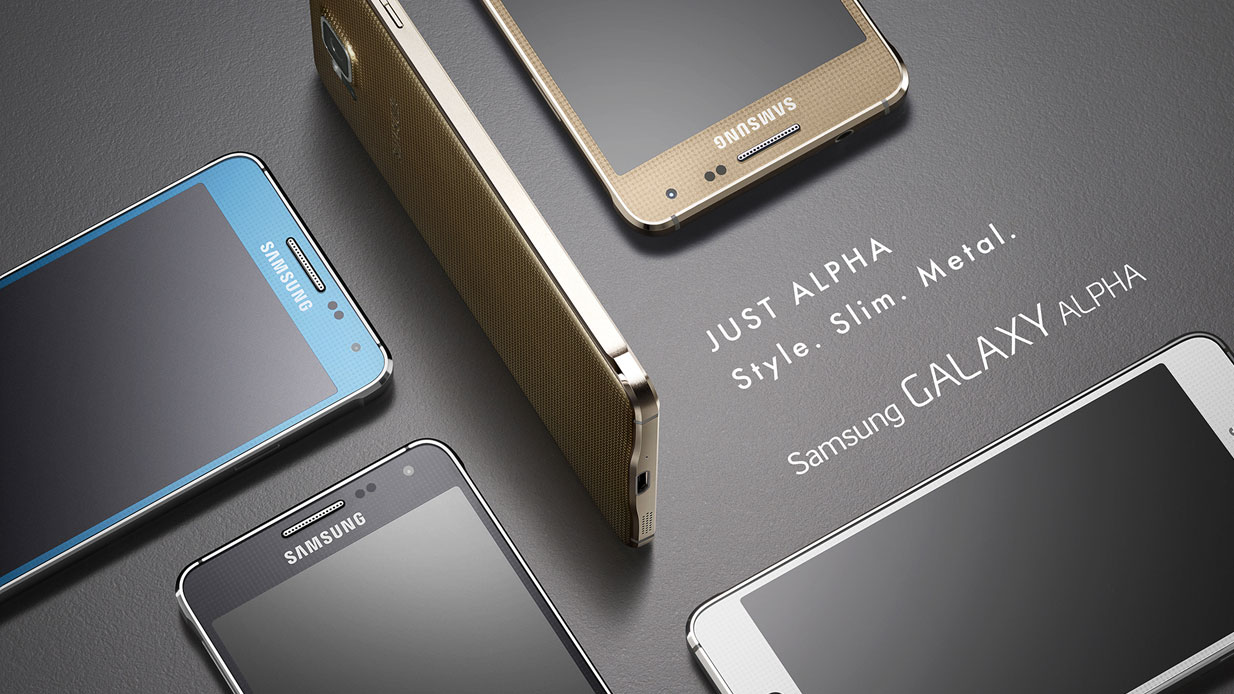Just how much trouble is Samsung really in?
Is it the next Nokia?

Sign up for breaking news, reviews, opinion, top tech deals, and more.
You are now subscribed
Your newsletter sign-up was successful
If Samsung's phone business were a horse, its owners might be considering a trip to the glue factory right now. This week it announced that its operating profits were down a massive 60% compared to the previous year, with revenues down 20% in the same period.
It's important to keep some perspective here, because despite the drop the numbers are still massive: revenues and profits are still in the billions, and a small rise in the share price suggests that investors aren't worried yet. However, something is seriously wrong with Samsung's mobile phone business.
There are actually two somethings. The market's getting saturated, and Samsung is being attacked on all fronts.
In a statement, Samsung said that "smartphone shipments increased marginally amid intense competition." However, "the operating margin declined due to increased marketing expenditure and lowered average selling price."
In plain English, that means Samsung is losing market share despite selling phones for less money. Sales of top-end smartphones are slowing, it's being pummelled at the low end by Chinese manufacturers such as Huawei and Xiaomi, it's facing stiff competition across Android from the likes of Motorola, LG, Sony and HTC, and it no longer has the phablet market to itself.
Even Apple's in that market now - and ironically, Apple's use of Samsung chips in its devices is helping to soften the blow from the softening smartphone market.
Trouble in store
The smartphone market is starting to look a lot like the PC market: largely saturated, with Apple taking the most profitable bits and everybody else running on microscopic margins. Samsung is cutting prices to compete, but so is everybody else - and there's nothing particularly unique about a Samsung device, because of course Google, not Samsung, controls the OS.
Sign up for breaking news, reviews, opinion, top tech deals, and more.
So far Tizen hasn't provided a compelling alternative, and that means Samsung really has two courses of action: compete on price, or compete by innovating. Samsung's track record with the latter is hardly stellar: it got lucky with big phones but it's generally better at copying than creating. The Galaxy A range is a good example of that.
Samsung is hardly doomed. It's worth more than 150 trillion dollars and phones are just one part of a product portfolio that ranges from hoovers to howitzers. But the smartphone market it dominates is clearly changing, and the days when Samsung could spend its way to success by buying tons of advertising and offering in-store incentives appear to be drawing to a close.
It's not that Samsung got bad. It's that everybody else got good.
- The Galaxy Note 4 cometh, and we've had a play

Contributor
Writer, broadcaster, musician and kitchen gadget obsessive Carrie Marshall has been writing about tech since 1998, contributing sage advice and odd opinions to all kinds of magazines and websites as well as writing more than twenty books. Her latest, a love letter to music titled Small Town Joy, is on sale now. She is the singer in spectacularly obscure Glaswegian rock band Unquiet Mind.